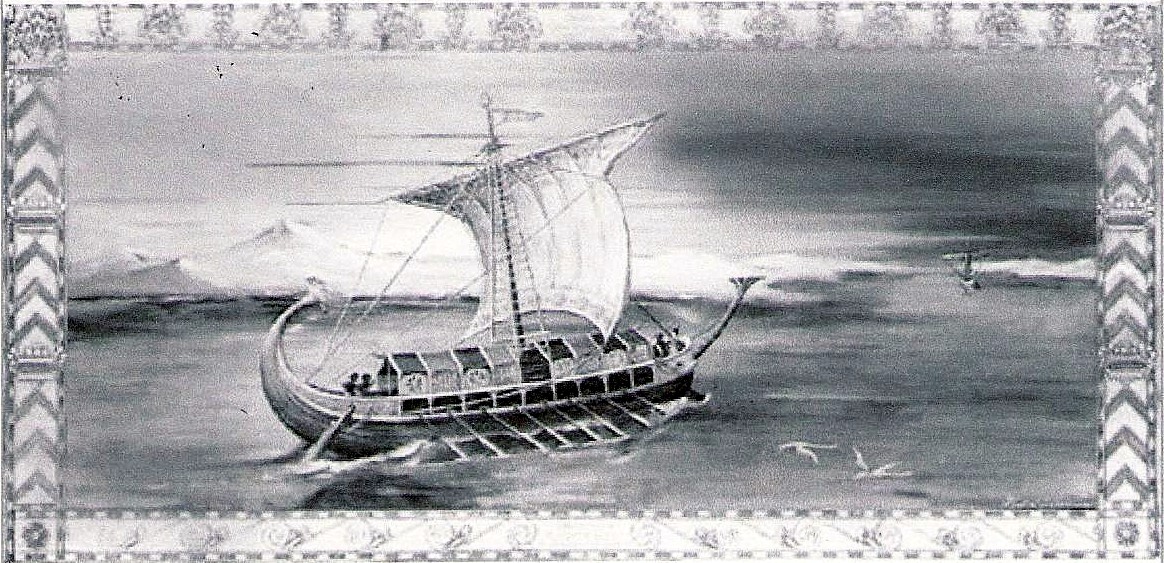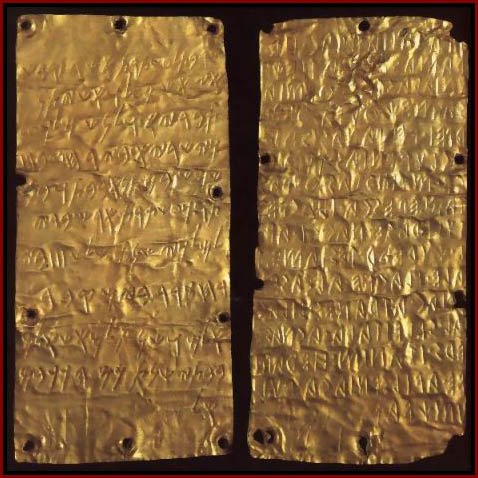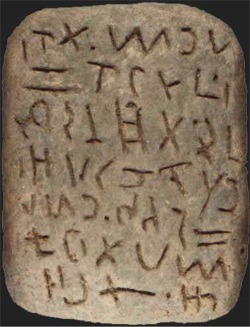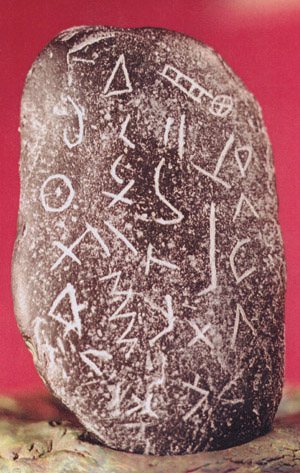The Phoenicians
The Phoenicians were Canaanites (Sidonians in the Old Testament) from Palestine influenced by the Sumerian and Acadian cultures of Babylon. Circa 2300 BC the Phoenicians established colonies all along the Eastern Mediterranean. In 1800 BC Egypt attacked and occupied the colonies but the population revolted when Egypt was weakened by raids from the Hittites (from Asia Minor).

They regained their independence in 1550 BC and, with their base in Sidon (Lebanon) became the most important traders of the ancient world. They established outposts all along the Aegean Sea, the most important being Tripoli, Byblos, and Tyre. From the Euphrates and Tigris Rivers they opened sea routes and founded new colonies - notably Utica and Carthage - all the way to Spain and Portugal. With time they were called Carthaginians, after their capital.
A major contribution the Phoenicians made to the burgeoning civilizations along the Mediterranean is the alphabet, which the Greeks used to write their language, which was in turn borrowed by the Etruscans.
The original Greek writing from the Mycenaean culture was lost when the country went into its Dark Ages (c.1200 BC–750 BC).
As the Phoenician's alphabet expanded along the Mediterranean it evolved into various forms, including Arabic. Contrary to the hundreds of symbols used in cuneiform and hieroglyphic writing the Phoenicians had thirty images with which one could describe anything.
A variation appeared in Aram (Syria) around 700 BC and certain books from the Old Testament were written in the Aramean language.



Glozel Tablets, Syria
The Phoenicians sold amber, perfumes, spices and incense from Africa and India, and cedar wood from their base in Lebanon. They were skilled architects, artisans and farmers. They sold grape root-stock and taught wine growers which vines would grow best in their soil along with techniques gleaned from the Egyptians. These clever maritime traders were also responsible for the propagation of Greek art across the Mediterranean.
In 539 BC they were integrated into the Persian Empire, and when Alexander of Macedonia defeated Persia in 333 BC they were absorbed by the Greco-Macedonian Empire.
There are different versions of how the word Phoenician came to be. Some say the Greeks derived the word from Phoenix (Phoenix). Some say it comes from their trademark purple/red material. Others say that it comes from the color of their skin. Another theory suggests that the name was drawn from a Greek word signifying “people of the palm trees.” .